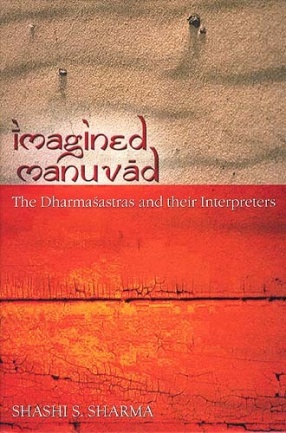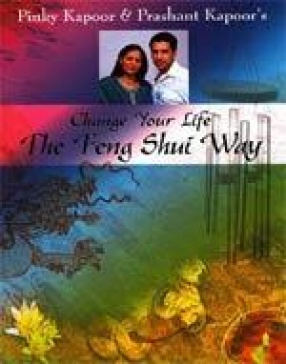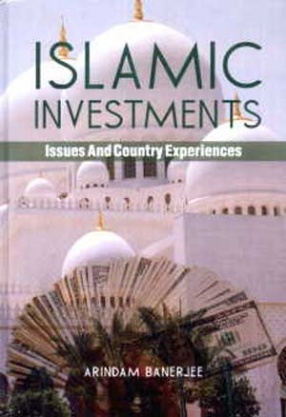This book makes a very significant contribution to the study of the Dharmasastras. The texts belonging to the Dharmasastric tradition – both sutra and smrti – have been studied and evaluated with deep sensitivity and critical acumen. The historical context in which the Sutras and Smrti works were compiled, and the role these works played in the socio-cultural life of the Hindus have been highlighted with great clarity.
The Dharmasastras have been regarded by the Hindus as a record of the moral, ethical and socio-political traditions of their large and widely spread-our community. They are viewed as temporal and historically grounded reflections on many important aspects of mankind’s social life. These works are a record of eclectic discussions held on the nature and value of dharma, the role of various human communities, the problems of inter-personal relationships, and the method of the state’s interaction with civil society.
However, many modern interpreters of the Dharmasastras have tried to portray these works as the ‘Lawbooks of Hindus’. These interpreters see these works as legal manuals intended to create and perpetuate a caste-based, hierarchized and oppressive social structure.
This book challenges these interpretive paradigms. The author has very cogently argued that dharma is not ‘Law’ and the Dharmasastras, including the Manusmrti, are not the law books of the Hindus. The Dharmasastras do not sanction or ‘create’ a ‘caste system’, and the ascription of negative values to these works s a much later product of a colonial experience.





There are no reviews yet.